
Scammers targeting users to get personal details — Federal officials.
COVID-19 Pandemic:
Coronavirus disease, an infectious disease is identified as SARS-CoV-2. COVID-19 affects different people in different ways.
However, Cyberattacks targeting the health care sector and taking advantage of the pandemic are not headlines only in recent times.
Various ransomware attacks, campaigns, phishing emails, and more techniques to steal personal information.
Follow Us on: Twitter, Instagram, Facebook to get latest security news!
According to Federal officials, scammers and other threat actors have launched their own programs: not for public health, but to steal personal information, conduct identity theft, scam victims, and all with the potential for criminal financial gain.
And the threat types are:
- Phishing Emails
- Malvertising
- Smishing
- Over the Phone
Phishing Emails:
Over 2020, Phishing emails were in high-circulation related to COVID-19. Cybercriminals send phishing emails designed in a legitimate way.
Asking victims to fill the form by entering details like name, contact, address, and other sensitive information’s.
Moreover, possible — cyber criminals will ask for payment to ‘register’ with fake vaccine programs.
The commonly impersonated in phishing emails — The Centers for Disease Control and Prevention (CDC) and the World Health Organization (WHO) and also local medical providers and government entities.
Malvertising:
Malicious-Advertising — related to the COVID-19 outbreak or vaccine which does not come from official sources like government domains, or healthcare providers — highly recommended to ignore them.
However, Malicious Ads(URLs) might lead to fraudulent domains resulting in steal PII, financial data, or deploy malware on your PC.
On the other hand, we cannot book/purchase the COVID-19 vaccine online, such that any such Ads are not legit.
Smishing:
It is not new fraudulent texts have making the rounds, with messages — coupon/discount link, insurance URL, and now online coronavirus test.
However, Claiming that government officials require to take such tests, and in some samples, criminals are also trying to hook victims by sending SMS messages related to stimulus checks and IRS/tax payments.
ZDNet mentioned, In the UK, the National Cyber Security Centre (NCSC) has warned (.PDF) of four main SMS scams:
- Fake government URLs that must be visited to claim coronavirus-related payments
- Lockdown fine notices for breaching stay-at-home rules
- Offers of health supplements to protect you against COVID-19
- also, Financial support offers that appear to be from your bank
Over the Phone:
Voice phishing is a form of criminal phone fraud, using social engineering over the telephone system to gain access to private personal and financial information for the purpose of financial reward.
In addition, recent cases are the COVID-19 vaccine has been offered by fraudsters over the phone, in which victims are asked to press a number on their keypad to confirm that they wish to have a vaccine — or bank details are asked for directly, said ZDNet.
Avoid Scammers:
At least two bad things could happen if you respond to the scams,
One, you might click on an ad and download malware onto your device.
Two, you might buy the product and receive something useless, or nothing at all. Meanwhile, you may have shared personal information such as your name, address, and credit card number.
How they call? because, the data is already leaked online.
Be wary of clicking links or downloading attachments in unsolicited messages and remember to take a breath before responding to any form of message.
Avoid emails that insist you act now. The goal is to get you to click on a link and provide personal information — right now.
Instead, delete the message immediately.

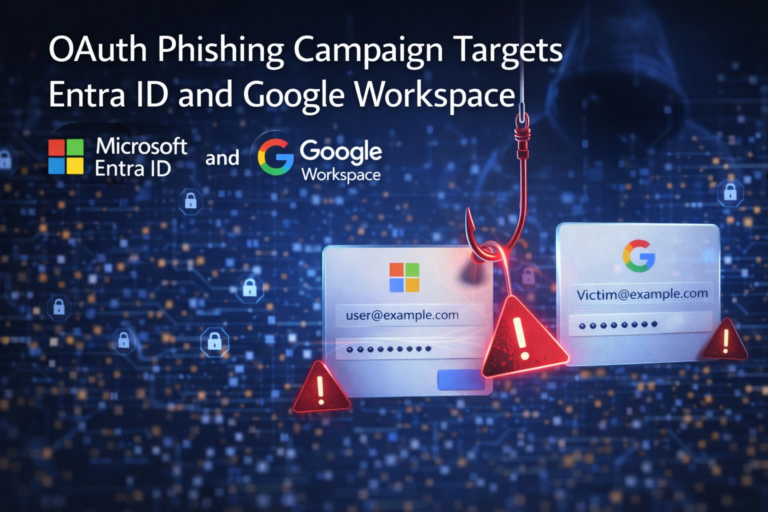
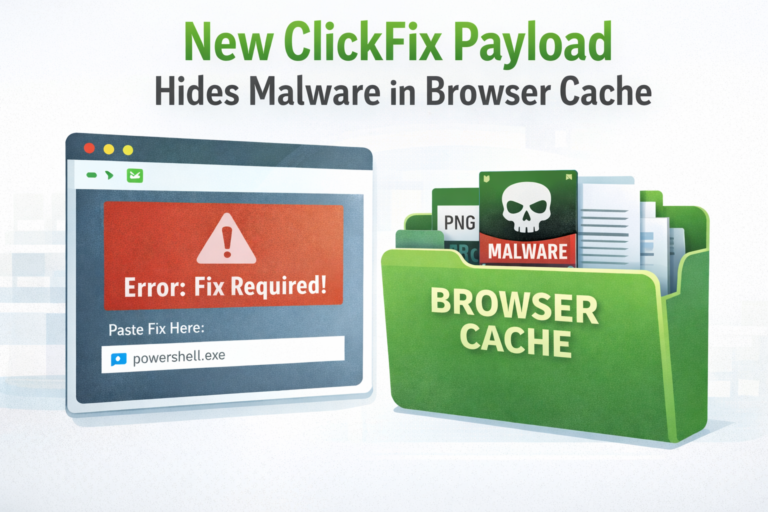
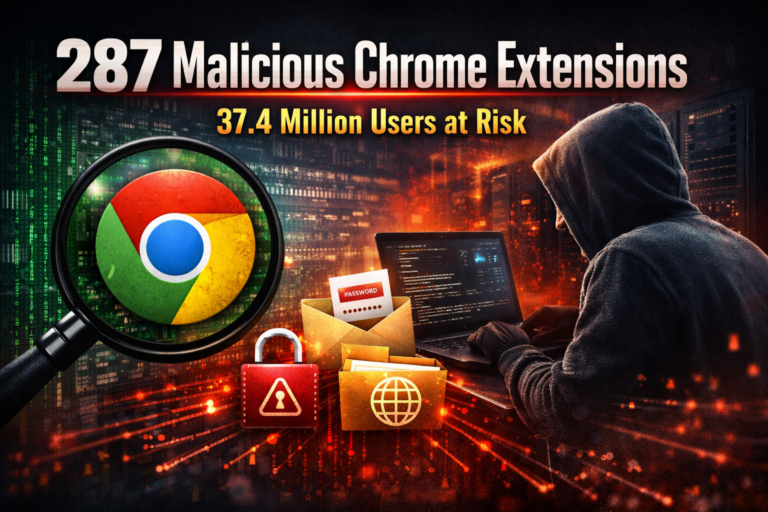

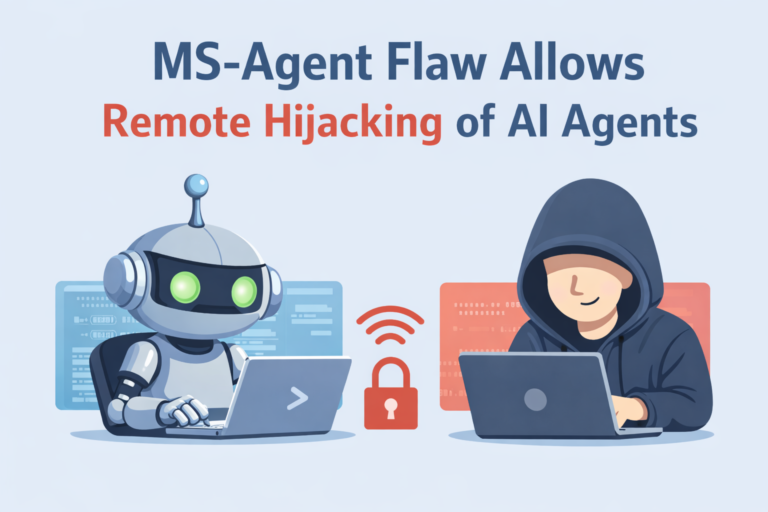
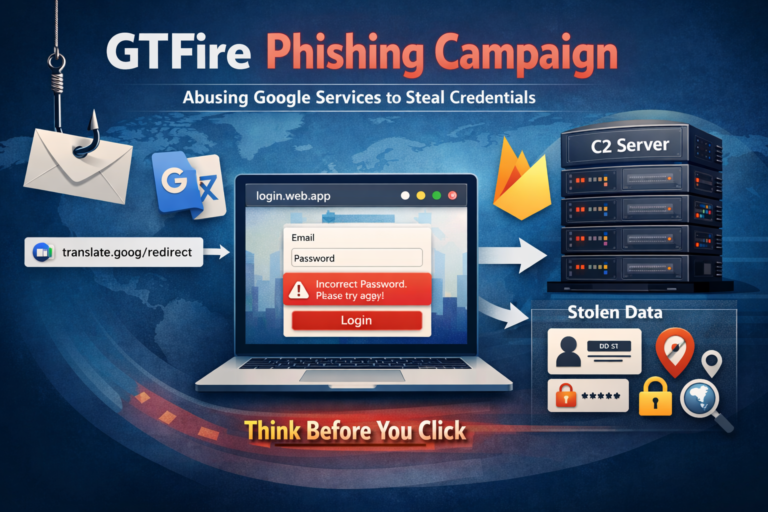
This is a test comment from Vin